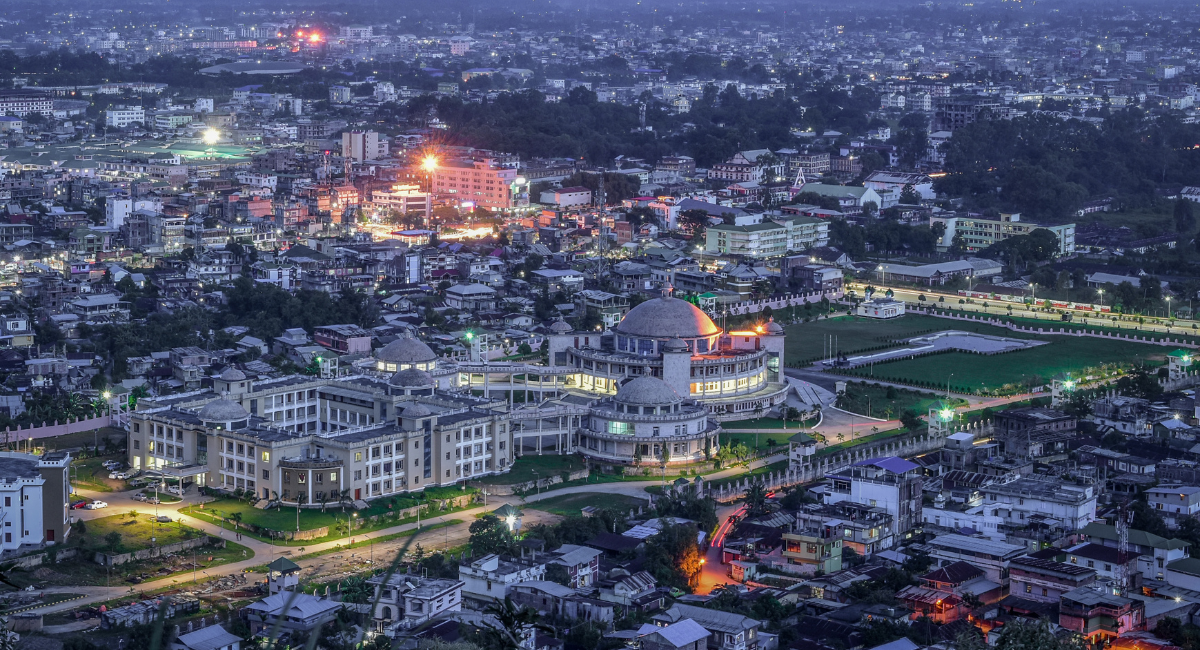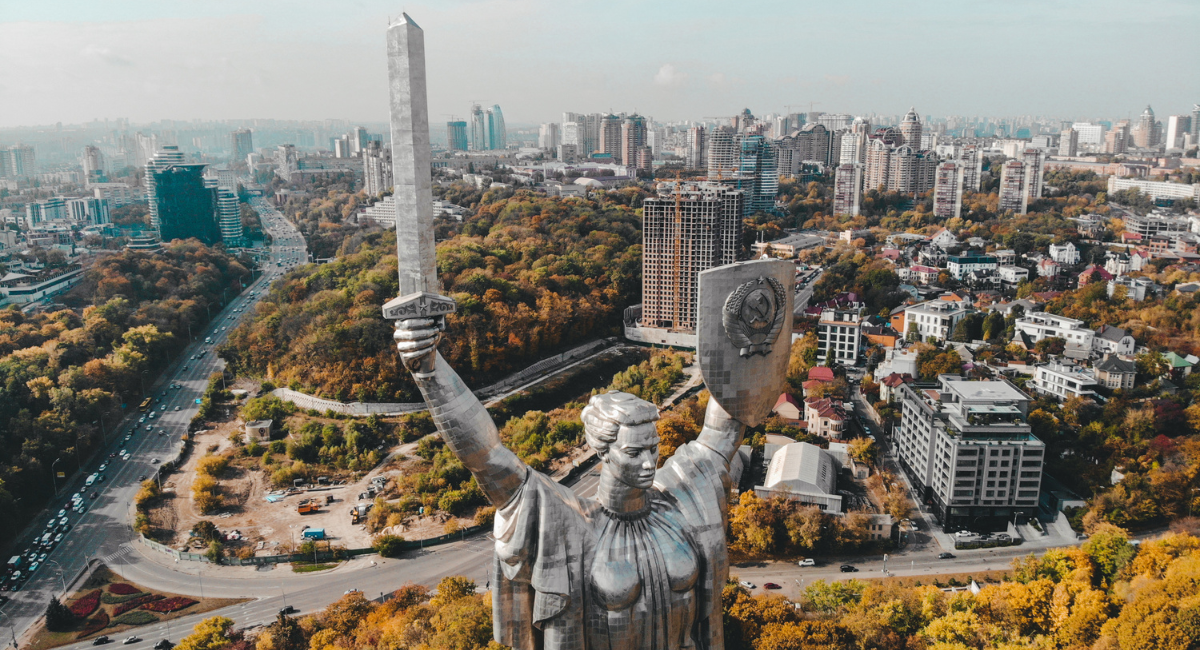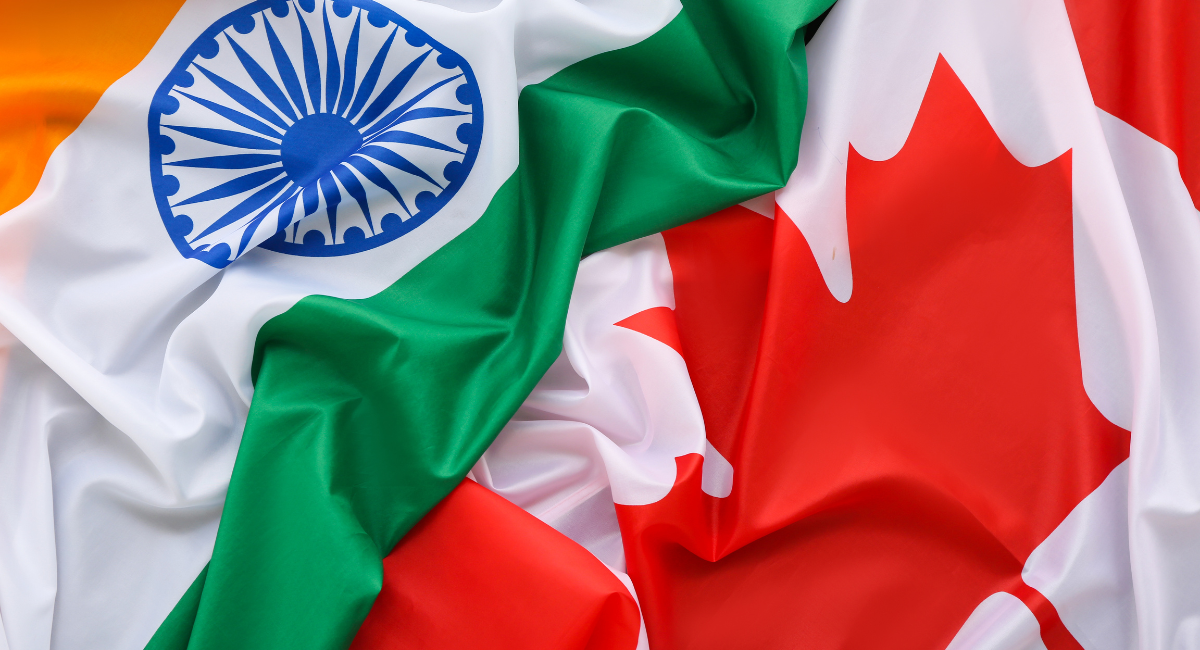Politics
Unrest in Manipur Continues as Mob Targets Chief Minister’s Ancestral House

Amidst renewed violence in Manipur, a mob made an attempt to target Chief Minister N Biren Singh’s vacant ancestral residence on Thursday night, despite a security clampdown and curfew in the Imphal valley. Fresh protests had erupted in Manipur on Monday following the circulation of a viral video depicting the bodies of two students who had reportedly gone missing in July. In response, the government reinstated a five-day suspension of internet services as a precautionary measure and declared the closure of all schools in the state until Friday.
Here are the key developments in the ongoing situation:
1. Calm But Tense Situation in Imphal Valley
The situation in Manipur’s Imphal valley was relatively calm but tense on Friday morning after a night of violent clashes, including an attempt to attack Chief Minister N Biren Singh’s unoccupied ancestral residence.
2. Partial Relaxation of Curfew
The curfew restrictions imposed in Imphal East have been partially relaxed, allowing movement from 5 am to 11 am on September 29, according to an order issued by the district magistrate.
3. Security Forces Foil Attack
Security forces successfully thwarted the attempt to target the chief minister’s ancestral residence, halting the mob’s progress 100-150 meters from the house after firing several rounds of tear gas shells.
4. Transfer of Senior Superintendent of Police
In response to reports of militants instigating unrest in Imphal valley, Senior Superintendent of Police Rakesh Balwal, known for handling terror-related cases, has been brought back to Manipur for a new posting.
5. Meeting of Central Armed Police Forces (CAPF) Officers
Senior officers of the Central Armed Police Forces (CAPF) held a meeting at the Manipur Police Headquarters in Imphal to discuss the state’s law and order situation.
6. Attempt to Approach the Ancestral Residence
Two separate groups approached the chief minister’s ancestral residence but were stopped approximately 100-150 meters away from it.
Also Read: Ukraine Faces Challenging Road Ahead in Prolonged Conflict
7. Measures to Control Protestors
Authorities cut off electricity in the area to reduce visibility for protestors, added more barricades near the house, and witnessed the protestors burning tires on the nearby road. Ambulances were dispatched, but there have been no reports of injuries thus far.
8. Committee to Investigate Use of Force
The Manipur government formed a committee to investigate complaints of alleged excessive force used on protesters, primarily students, by security forces in recent days.
9. Appeal for Cooperation
Law enforcement agencies appealed to students to cooperate in maintaining peace, emphasizing the use of minimum force when dealing with the public.
10. Legislative Appeal and Ongoing Violence
Over 20 Manipur MLAs currently in Delhi have urged the Centre to take action against those responsible for the kidnapping and killing of two youths in the state. They have also urged Union Home Minister Amit Shah to expedite the CBI probe. Meanwhile, ethnic violence that began on May 3 has claimed over 180 lives and left hundreds injured in Manipur, stemming from protests against the Meitei community’s demand for Scheduled Tribe status.
Politics
Africa in Crisis: Challenges to Democracy and the Path Forward

The African continent is grappling with a profound crisis as Sudan descends into chaos with rival warlords vying for control, and Darfur witnessing the resurgence of genocide. Ethiopia faces ongoing civil strife, while the Sahel region grapples with jihadist terror and military coups. A journey across Africa reveals a disheartening trend, with numerous countries experiencing coups over the past three years, making travel fraught with risk.
One significant factor contributing to the surge in coups is the waning faith in democracy among Africans. Afrobarometer’s findings reveal that the preference for democracy over other forms of governance has declined from 75% in 2012 to 66%. This statistic, although still a majority, includes wavering opinions. Alarmingly, 53% of respondents believe that a coup could be legitimate if civilian leaders misuse their power—a scenario that has become all too common. In South Africa, a country known for its liberal constitution, 72% would forgo elections if a non-elected leader promised to tackle crime, housing, and employment.
The disillusionment with democracy in Africa can be attributed to various factors, akin to the medals adorning a coup leader’s chest. Incumbent regimes, often claiming democratic credentials, have failed to deliver prosperity and security. Real GDP per capita in sub-Saharan Africa has stagnated or declined over the past decade, and small conflicts claim more lives than at any point since 1989. In Nigeria, entire schools have been abducted. As hope for a better life dwindles, impatience for change grows, elevating the risk of coups and civil wars.
Another critical issue is the prevalence of superficial democracies in Africa. While many countries adopted multiparty systems after the Cold War, power transitions often occur without genuine competition. Rulers manipulate elections through various means, hindering the opposition’s chances of success, from voter roll tampering to media control. Over nine African leaders have held power for more than two decades, leaving citizens with a mere façade of democracy.
Also Read: Unrest in Manipur Continues as Mob Targets Chief Minister’s Ancestral House
Geopolitical shifts have further emboldened autocrats in Africa. When Western nations withhold support, China, Russia, Turkey, and the United Arab Emirates are eager to fill the void, undermining democratic values. Western governments have sometimes overlooked coups and electoral fraud, eroding their credibility.
Africa is not alone in experiencing disillusionment with democracy; it’s a global trend. In the United States and France, substantial proportions of citizens express dissatisfaction with their democracies, and a significant number of young Americans consider dictatorship preferable. However, mature democracies possess strong institutions that make coups virtually impossible, whereas in Africa, the military often seizes power willingly.
Once armed leaders assume control, dislodging them becomes arduous. Elections are postponed indefinitely, checks on executive power are eliminated, and governance deteriorates. Unlike true democracies, autocracies lack built-in mechanisms for accountability, fostering ethnic tensions and territorial disputes, leading to wars, as seen in Sudan.
Reversing Africa’s democratic decline is a daunting task, primarily entrusted to Africans themselves. The African Union must reinstate its “no-coup” policy and ostracize coup leaders. African governments claiming democracy must govern effectively, combat corruption, promote growth, and allow genuine political competition. Initiatives like the African Continental Free Trade Area can boost incomes and should be implemented promptly.
Rich countries can play a role by restructuring unsustainable debts, fulfilling climate change commitments, and encouraging investment. Western nations should also welcome African migrants for education and employment, benefiting both sides.
To enhance African security, the United States, being more popular than former colonial powers, can support legitimate forces combating insurgents. The European Union should maintain funding for African-led peacekeeping missions.
Africa’s progress is essential not only for its own people but also for the world. It is the only continent experiencing rapid population growth, and many global challenges, including climate change and pandemics, will be more challenging to address if Africa remains unstable. While a democratic Africa is not a guaranteed path to prosperity and peace, autocratic rule surely is not the solution.
Politics
Ukraine Faces Challenging Road Ahead in Prolonged Conflict

In a turn of events that has defied expectations, the ongoing conflict in Ukraine is taking on a new, grinding dimension. Hopes were high as Ukrainian soldiers, armed with modern Western weaponry and trained in Germany, launched a counter-offensive in June, aiming to regain substantial territory from Russian occupation and bolster their position in future negotiations. However, recent developments paint a less optimistic picture.
Despite valiant efforts and notable breaches in Russian defenses near Robotyne, Ukraine has managed to reclaim less than 0.25% of the territory seized by Russia in June. The 1,000-kilometer front line remains virtually unchanged. While there remains a slim possibility of a breakthrough in the coming weeks that could shatter Russian forces, the past three months have cautioned against relying on such an outcome.
Calls for a ceasefire or peace talks have proved futile as Russian President Vladimir Putin shows no interest in negotiating, and his trustworthiness in adhering to any agreement is dubious at best. It is evident that Putin seeks to prolong the conflict, awaiting Western fatigue and banking on the possibility of a Donald Trump re-election. For Putin, this war is essential to maintain his domestic rule, and any ceasefire would merely serve as an opportunity to re-arm for further aggression. Inaction by Ukrainians could result in the loss of their country.
Also Read: India-Canada Tensions Soar as Trudeau Accuses New Delhi, Experts Warn of Consequences
Both Ukraine and its Western allies are gradually recognizing that this is shaping up to be a protracted war of attrition. During a recent visit to Washington, President Volodymyr Zelensky acknowledged the necessity of preparing for a long-term struggle. However, neither Ukraine nor its Western partners are adequately equipped for this challenge, as they remain fixated on a counter-offensive strategy. It is imperative that they reconsider Ukraine’s military approach and economic policies. Rather than aiming for a swift victory and subsequent reconstruction, their goal should focus on ensuring Ukraine’s resilience for a sustained conflict while enabling it to prosper despite the ongoing challenges.
A military recalibration is imperative. Ukrainian soldiers are exhausted, and many have made the ultimate sacrifice. Despite conscription efforts, maintaining a large-scale counter-offensive is unsustainable. Innovative tactics and technologies should be adopted to confront Russia effectively. Ukrainian entrepreneurs are increasing drone production, resulting in successful strikes on Russian warships and air-defense systems in Crimea. While these efforts may not deliver a knockout blow, they can deter and respond to Russian attacks.
In addition to bolstering its offensive capabilities, Ukraine must enhance its resilience. This entails securing reliable supplies, maintaining equipment, and fortifying air defenses, as well as creating defenses against aerial attacks for other cities. Investments in air defense and missile-defense systems are crucial for safeguarding vital infrastructure.
Economic reforms are equally essential. Rather than relying on aid, Ukraine must attract investment while the conflict rages on. This requires fostering a conducive environment for local and foreign firms to invest, as well as encouraging Ukrainians to return to stable regions in the west. Addressing corruption and improving the business climate are paramount in achieving economic sustainability.
The support and commitment of Western nations are indispensable. NATO membership remains the ultimate security guarantee for Ukraine. In the absence of that, bilateral security guarantees have been promised, and the European Union can play a pivotal role by offering not only financial assistance but also the prospect of future membership. A clear roadmap for EU accession over a decade, with well-defined milestones, could inspire hope and accelerate economic reforms.
Europe must acknowledge its responsibility in this endeavor. While it has provided significant military and financial aid, it needs to step up further, particularly if there is a change in U.S. leadership. Preparations for shouldering a greater burden, including strengthening the defense industry and reforming decision-making processes within the EU, are essential.
The stakes are remarkably high. Failure could result in a failed state on the EU’s doorstep and an emboldened Russian threat. Success, on the other hand, would mean a new EU member with substantial resources and a well-educated population. It’s time to shift the narrative from seeking an end to the war to planning for a prolonged struggle and ensuring that Ukraine not only survives but thrives in the face of adversity.
Politics
India-Canada Tensions Soar as Trudeau Accuses New Delhi, Experts Warn of Consequences

The tension between India and Canada has escalated following Canadian Prime Minister Justin Trudeau’s claim that the Indian government was involved in the fatal shooting of Hardeep Singh Nijjar. Nijjar was killed outside a Gurdwara in Canada’s Surrey, British Columbia, on June 18. India’s Ministry of External Affairs swiftly rejected the allegations made by the Canadian Prime Minister and Foreign Minister, dismissing them as baseless.
Since then, both countries have engaged in a series of retaliatory measures, including the expulsion of diplomats and the suspension of visa services. Prime Minister Justin Trudeau has emphasized that Canada does not intend to provoke or create problems with India but rather hopes that New Delhi takes the matter very seriously and cooperates in uncovering the truth.
Notably, Trudeau has not presented any concrete evidence to support his claims, leading India to believe that the Canadian government is not addressing its legitimate concerns. Experts have cautioned that this dispute could have adverse consequences for both nations. Ottawa may suffer in terms of trade and its potential involvement in Indo-Pacific institutions, while India’s reputation as a democratic nation committed to a rules-based order could be tarnished.
The United States has urged India to collaborate with Canada in investigating the alleged involvement of New Delhi. However, former Pentagon official Michael Rubin has asserted that if forced to choose between Canada and India, the United States would prioritize its relationship with India due to its strategic importance. Rubin likened Canada’s confrontation with India to “an ant picking a fight against an elephant.” He argued that India’s significance and the fact that Nijjar was a terrorist contribute to this preference.
Also Read: Escalation in India-Canada Diplomatic Row Leads to Visa Freeze and Staffing Adjustments
Furthermore, Justin Trudeau’s popularity has suffered in Canada as he approaches the 2025 elections. Conservative right-wing candidate Pierre Poilievre has gained traction, partly due to Trudeau’s handling of the Nijjar case. Trudeau’s association with NDP Leader Jagmeet Singh, who sympathizes with Khalistan, has also contributed to his declining popularity. A recent poll indicates that 40 percent of Canadians view Pierre Poilievre as the best choice for prime minister, compared to Trudeau’s 31 percent. Poilievre has called on Trudeau to disclose all the facts regarding the diplomatic standoff with India.
In terms of trade and participation in Indo-Pacific institutions, Canada stands to lose from its dispute with India over the Sikh separatist’s killing, according to Xavier Delgado, an associate at the Canada Institute of the Wilson Institute. Delgado noted that strained relations with India could hinder Canada’s ability to join Indo-Pacific institutions, as regional allies may be wary of antagonizing the Indian government. Ottawa recognizes India’s influence and power in the region, making it a crucial consideration in their diplomatic interactions.







